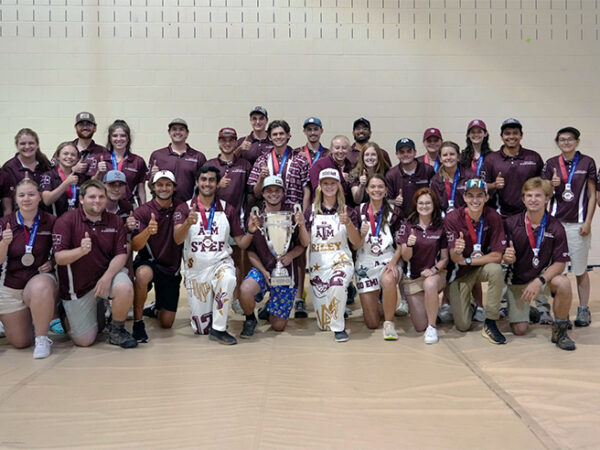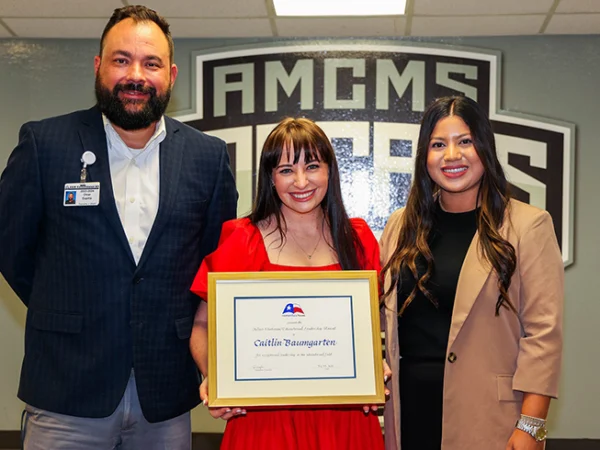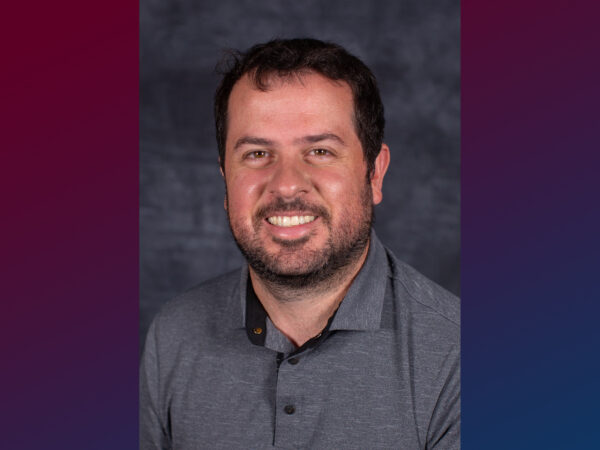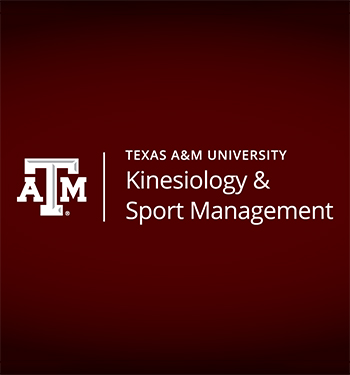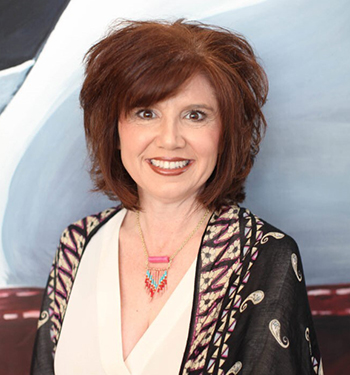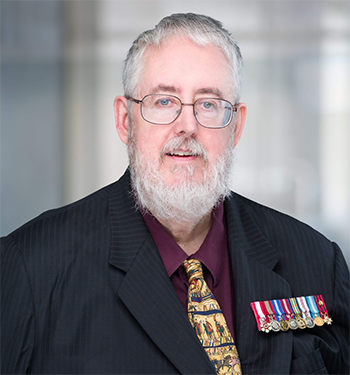Speaker Series Sheds Light On Education, Health Issues
What do elementary science education, conflict management and living with chronic diseases have in common? They were all topics covered by experts at the 2nd annual Voices of Impact Speaker Series hosted by the Texas A&M University School of Education and Human Development.
In a series of 5-minute presentations, faculty experts addressed these and nine other important topics related to education or health at the TED Talk-inspired event held at the Ice House in downtown Bryan last week.
Joanne Olson, professor of science education delivered “19 Minutes and Falling” about the decline of science education in elementary schools.
Nationwide, elementary school teachers spend an average of 19 minutes per week on science education, and most of them spend that time on STEM (science, technology, engineering and mathematics) activities that do not include recognizable science concepts. This is detrimental because a study reports that more than 60 percent of scientists surveyed made the decision to pursue careers in science before the age of 11.
“So we really need to get science back into those elementary years,” Olson said. “All of us, I think, depend on it.”
And that 19 minutes is falling.
One-third of teachers nationwide report they do not teach science at all, and another one-third report that science is the subject they feel least comfortable teaching.
Olson found through her research that science education plummeted after the passing of the 2001 No Child Left Behind Act, which mandates testing in language, arts and mathematics. Science does not appear on the standardized test until the 5th grade, and as a result, many teachers of kindergarten through 4th grade students report that they do not even teach science in their classrooms. This is especially true in Texas where the outcomes associated with the high stakes tests are more consequential, she said.
The landscape of elementary science, which changed noticeably in 2001, has changed again.
Since the introduction of STEM activities to classrooms, Olson has found that instructors in 70 percent of classrooms are not teaching recognizable science concepts, meaning lessons in physics, chemistry, biology, geology or astronomy. Instead, their students are engaging in STEM exercises such as making pinball machines from cardboard or building structures with Connex kits or Legos.
“The kids were engaged in trial and error and tinkering in these kinds of activities…and the teachers told me this was a STEM activity,” Olson said. “And worse, they didn’t even notice that they [activities] didn’t include the ‘S.’”
For more on the Voices of Impact Speaker Series, visit Texas A&M Today. You can view the full presentations on the Voices of Impact website.
Story first written by Elena Watts, Texas A&M University Marketing and Communications
Fundraising
To learn more about how you can assist in fundraising, contact Amy Hurley, Director of Development ahurley@txamfoundation.com or 979-847-9455



